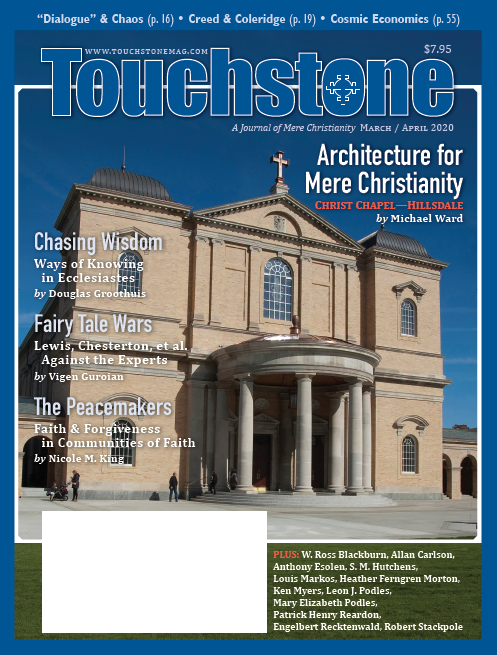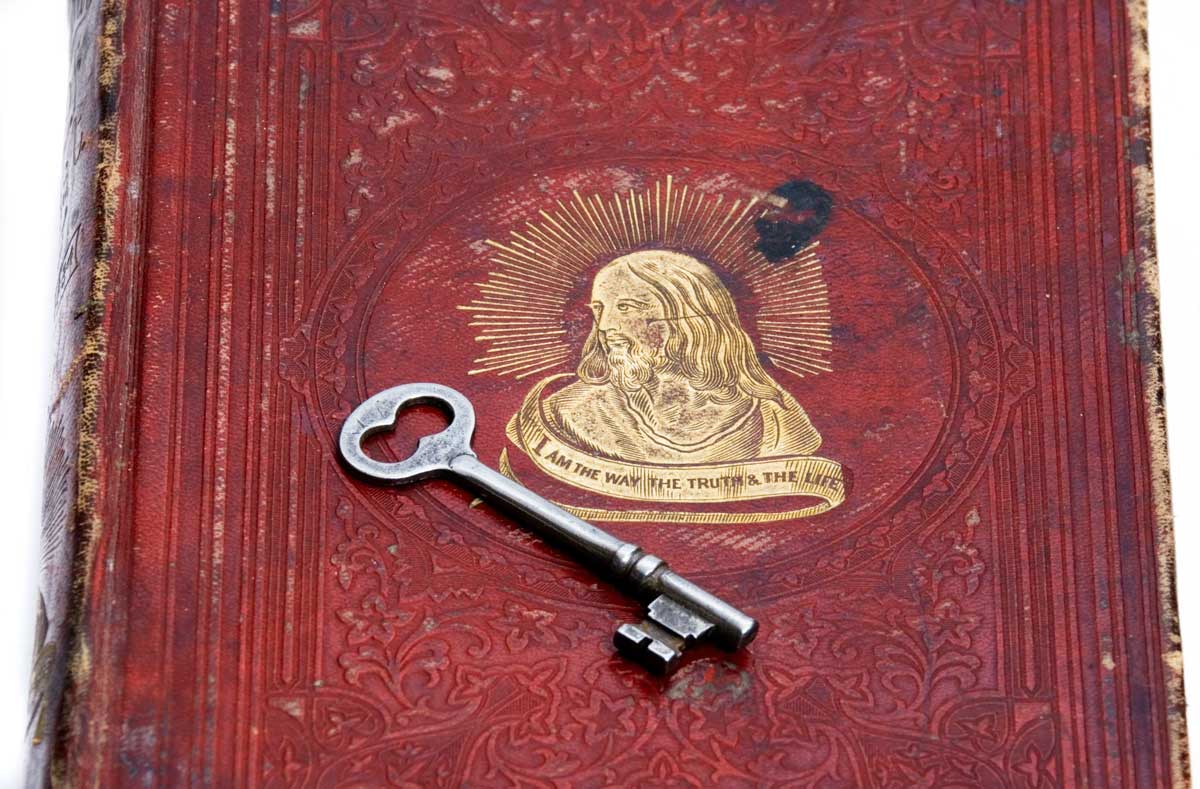Feature
Chasing Wisdom
The True Ways of Knowing in Ecclesiastes
Ecclesiastes has saved my Christian life too many times to count. In the summer of 1999, this sometimes vexing book—perhaps the black sheep of the Christian canon—was the only book of sacred Scripture that I could stand to read. This is not a testimony to my Christian virtue but to the existential and theological power of this piece of wisdom literature. Ecclesiastes offers us an abundance of topics to consider and verses to ponder. For my purposes, I will ask what Ecclesiastes can teach us about epistemology, which is the study of the nature, means, and scope of knowledge.
Epistemology
Epistemology is intrinsic and inexorable in biblical studies, theology, apologetics, ethics, science, and more. For any subject matter, the natural question is, "How do you know that?" Epistemology is our approach to knowing, and it determines our approach to living and our thriving or our dying. If one possesses knowledge on any subject, he possesses a privileged belief that matches objective reality and that is well supported by fact and reasoning.
It was no throwaway line when the Evangelical philosopher Francis Schaeffer wrote, "Unless our epistemology is right, everything is going to be wrong," and this is why he dedicated two chapters to it in his short book, He Is There and He Is Not Silent. One cannot know what is false, but one can believe what is false. However, one may come to a true belief that does not attain knowledge. As T. S. Eliot wrote in Murder in the Cathedral, "The last act is the greatest treason. To do the right deed for the wrong reason." Mutatis mutandis, we can affirm that "believing the right thing for the wrong reason" is equally treasonous to reality.
Developing Our Ability to Know
But the knowledge of many things "under the sun" (a phrase so often used in Ecclesiastes) does not come easily. Rather, knowledge often requires an accurate assessment of one's ability to know, the standards for knowledge, and a fine focus on the things worth knowing. These concerns are axiological: they require a sense of objective value related to cognition and intellectual habits. Christians are called to cognitive rectitude before reality—divine, human, and creational factuality. The Bible in general, and Ecclesiastes in particular, emphasizes what philosophers call virtue epistemology, which, according to The Cambridge Dictionary of Philosophy, is a "subfield of epistemology that takes epistemic virtues to be central to understanding justification or knowledge or both. An epistemic virtue is a personal quality conducive to the discovery of truth, the avoidance of error, or some other intellectually valuable goal."
The writer of Hebrews upbraided his readers for not discharging their God-given powers of reason and sensibility in this way:
We have much to say about this, but it is hard to make it clear to you because you no longer try to understand. In fact, though by this time you ought to be teachers, you need someone to teach you the elementary truths of God's word all over again. You need milk, not solid food! . . . But solid food is for the mature, who by constant use have trained themselves to distinguish good from evil. (Heb. 5:11–14)
The writer teaches that habitual patterns of moral discernment are required for higher-level teaching. One must build from a firm foundation, and that foundation must be secured through godly habits of knowing—otherwise, it may be lost.
One could go on, but suffice it to say that God's revelation gives us knowledge we could not have otherwise and, through its wise counsel, orients our own knowing in ways conducive to virtuous intellectual comportment. This is a huge theme needing systematic exposition. However, I will only address the epistemological themes I find in Ecclesiastes.
Douglas Groothuis is Professor of Philosophy at Denver Seminary and the author of twelve books, including Christian Apologetics (InterVarsity, 2011), Philosophy in Seven Sentences (InterVarsity, 2016), and Walking Through Twilight: A Wife's Illness—A Philosopher's Lament (InterVarsity, 2017), in addition to over thirty academic papers.
subscription options
Order
Print/Online Subscription

Get six issues (one year) of Touchstone PLUS full online access including pdf downloads for only $39.95. That's only $3.34 per month!
Order
Online Only
Subscription

Get a one-year full-access subscription to the Touchstone online archives for only $19.95. That's only $1.66 per month!
bulk subscriptions
Order Touchstone subscriptions in bulk and save $10 per sub! Each subscription includes 6 issues of Touchstone plus full online access to touchstonemag.com—including archives, videos, and pdf downloads of recent issues for only $29.95 each! Great for churches or study groups.
Transactions will be processed on a secure server.
more on bible from the online archives
more from the online archives
calling all readers
Please Donate
"There are magazines worth reading but few worth saving . . . Touchstone is just such a magazine."
—Alice von Hildebrand
"Here we do not concede one square millimeter of territory to falsehood, folly, contemporary sentimentality, or fashion. We speak the truth, and let God be our judge. . . . Touchstone is the one committedly Christian conservative journal."
—Anthony Esolen, Touchstone senior editor













